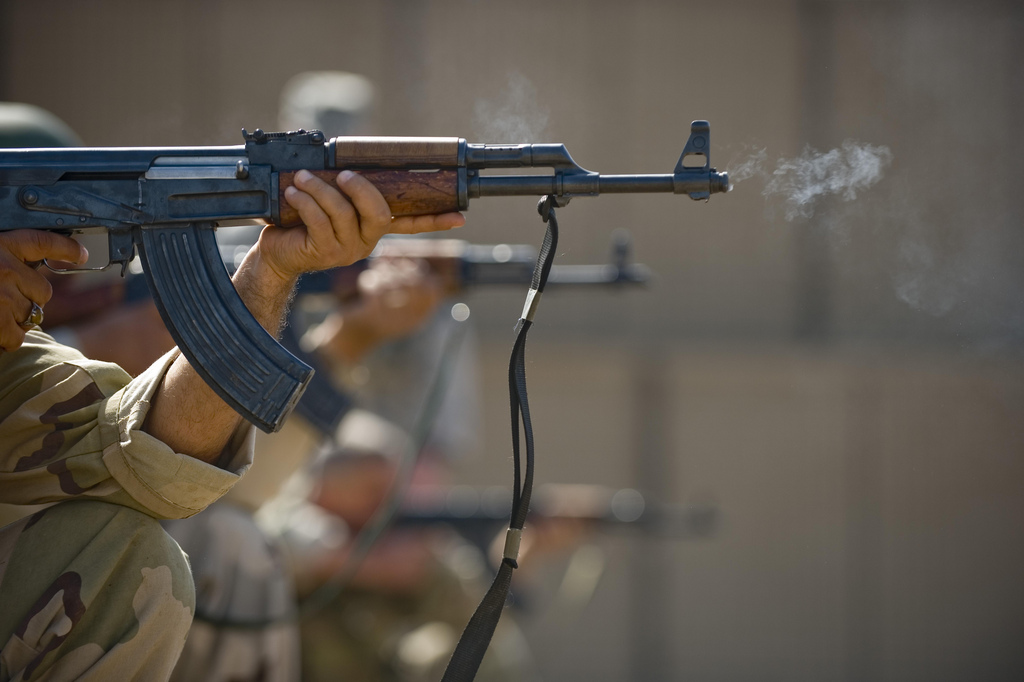Iraq-India: Concern Over Oil and Trade as Instability Rises

Background
A group so extreme that Al Qaeda kicked them out of their network, Islamic State of Iraq and the Levant (ISIS), has taken over the Tikrit and Mosul as it is making moves towards Baghdad. Many fleeing from the violence are headed towards the northern region where non-profit organizations are attempting to provide resources to the refugees. It is estimated that 500,000 were displaced by the violence. In Mosul, the 800 insurgents were able to cause 30,000 Iraqi troops to flee. Prime Minister Nouri al-Maliki tried to impose a state of emergency, but the Parliament failed to approve it.
Other Countries
Iran and the United States are working to help the government. The US is considering air strikes and will make a decision in the upcoming days. Iran is sending its military officials to help plan and secure key points. Russia was swift to blame the US intervention and others are trying to figure the best way to approach the problem. The UN Security Council has condemned ISIS for its violent methods.
Impact on Iraq-India Trade
Iraq is an important source of oil for India. If crude prices go up, it could delay the government’s planned deregulation of domestic diesel prices. The increased oil prices could push up losses of oil marketing companies and also weaken the Indian rupee. According to the Business Standard, Dalton Capital Advisors managing director U R Bhat said:
As long as Iraq tensions remain, these will keep oil prices on the boil. If oil prices remain high, it will be huge damage to India. This is something the market will be worried about. Unless there isn’t a quick solution to the Iraq crisis, Indian market will continue to face headwinds.
Although supply disruption seems unlikely, the market, and refiners in particular, are nervous. India’s top two importers are Saudi Arabia and Iraq, with Iraq controlling 11-12% of the oil demand. Since Kurdish forces control exports in the north and the rebels are bound to have a tougher time disrupting towns south of Baghdad, there is limited probability of a shortage. Global Brent crude oil prices hit a 9-month high of $115 per barrel causing adding to some of the unnecessary fear.
The Finance Secretary Arvind Mayaram told reporters:
We are watchful and cautious. We are hopeful that Iraq crisis will blow over. There is no reason to panic as far as India is concerned… I don’t see any immediate reason for panic. As far as India’s long-term supply is concerned, we are fairly well established and I don’t see any disruptions. There is a need to remain calm and the government is fully watchful.
India also exports to Iran, various good including foodgrain, electronics, soaps, and other goods. The total export amount is $1 billion. As violence in Iraq and Syria (another Indian trade partner) increases, Indian businesspersons are less willing to travel to these locations. India is also considering moving its consulate from Baghdad according to an official source cited by IANS.
Conclusion
The Iraqi Crisis is disconcerting for human rights reasons and for Middle East stability, but also has dire implications for the global oil market. The oil market has long lasting effects on various other parts of the world, and in India could affect the development that PM Modi has been promising. It’ll be important for all vested parties to keep an eye out to see how the situation develops.
[Image Attribute: DVIDSHUB via Compfight cc]
